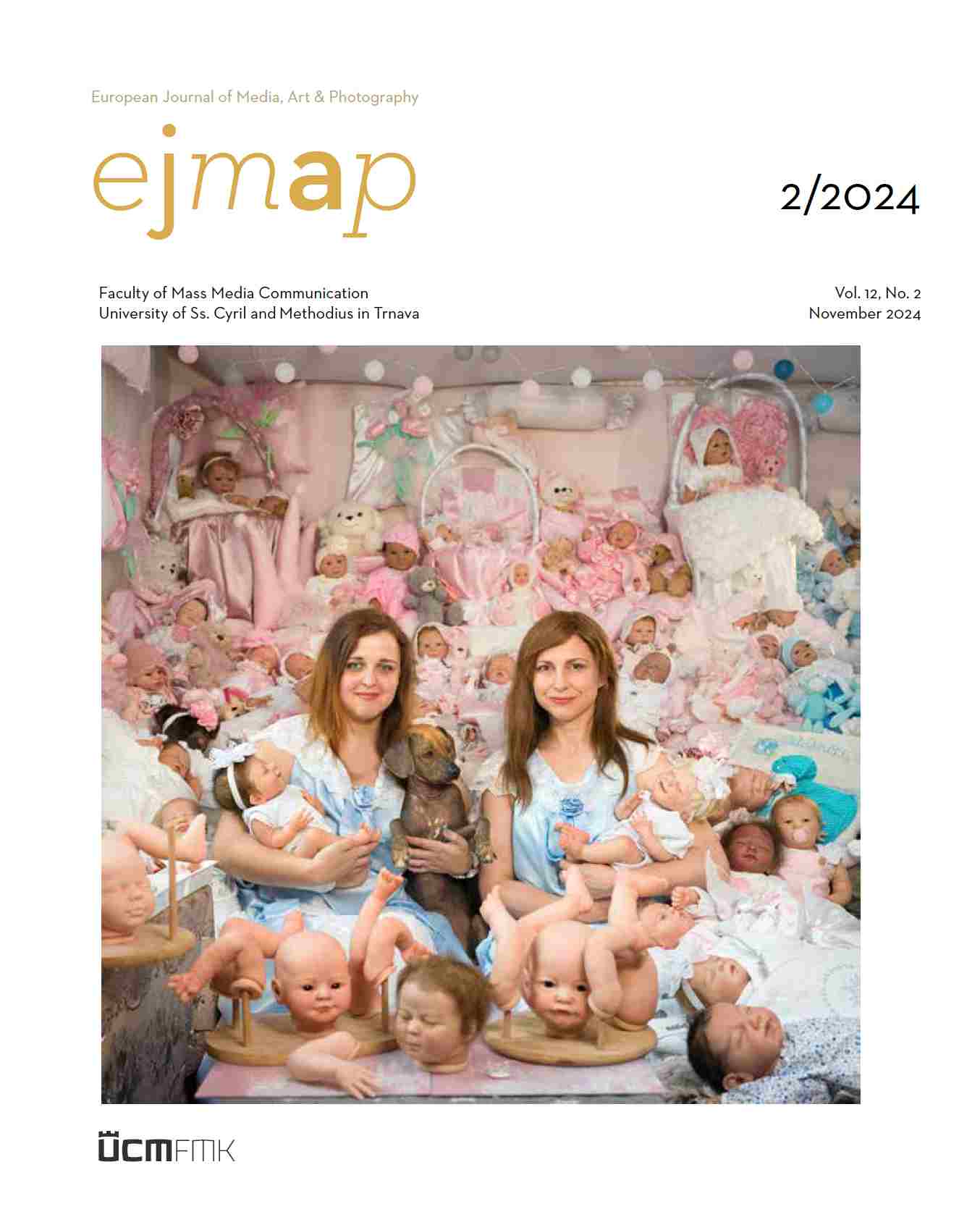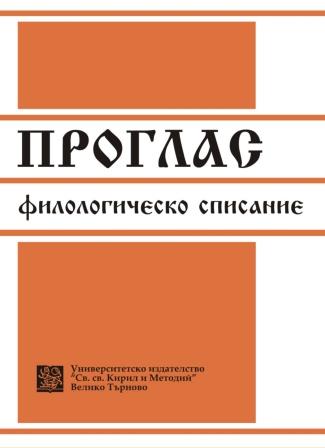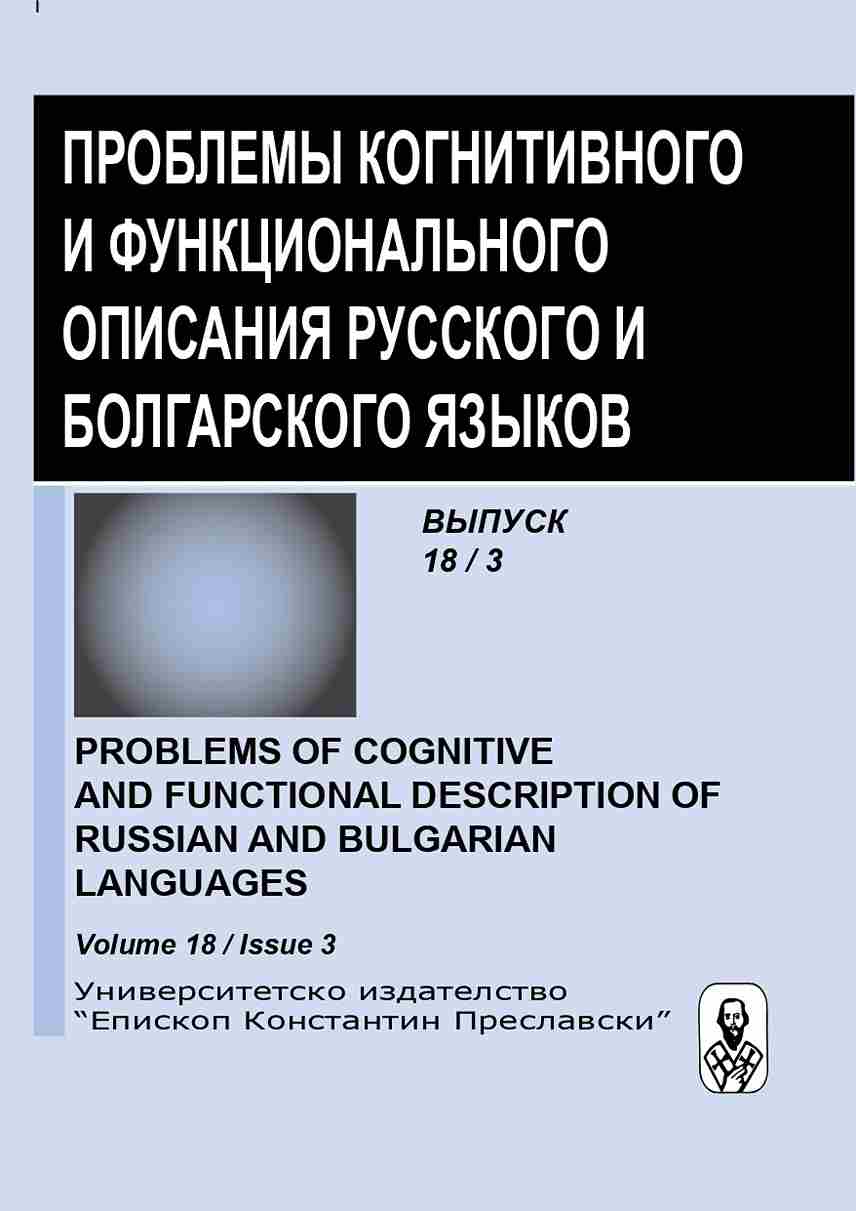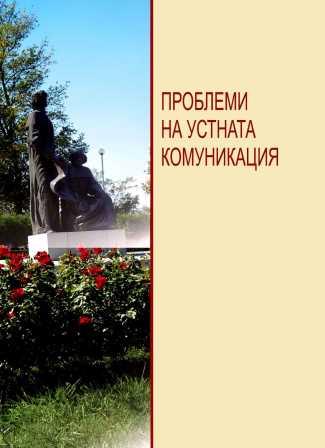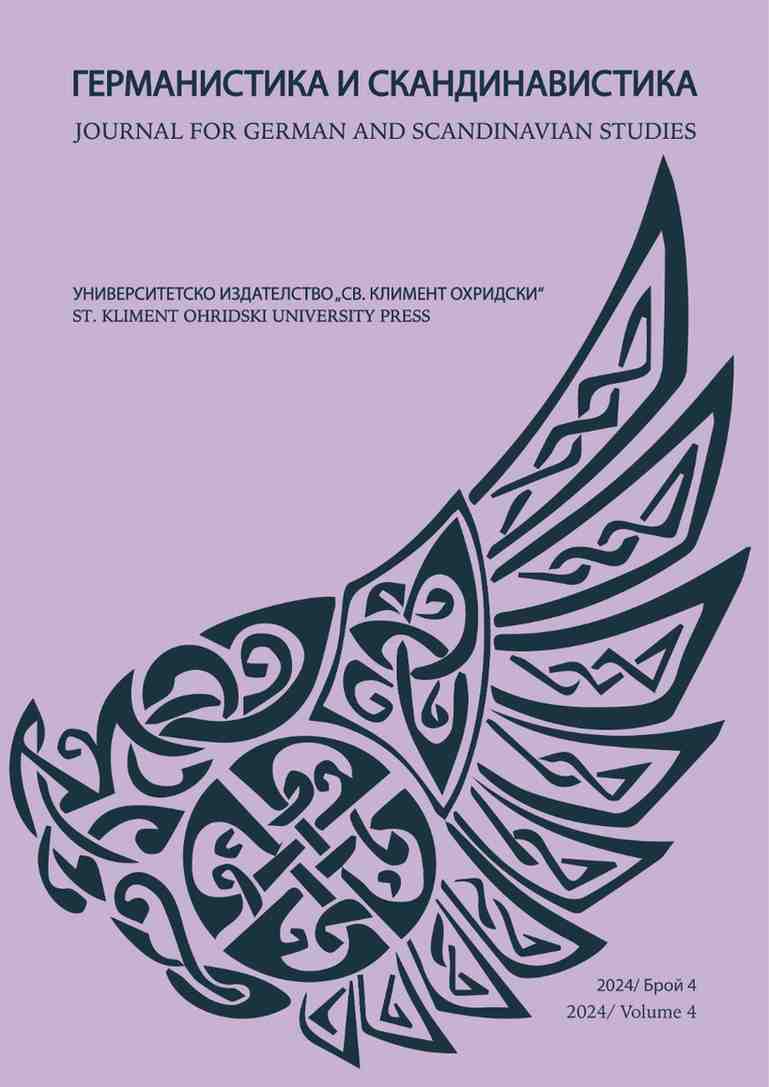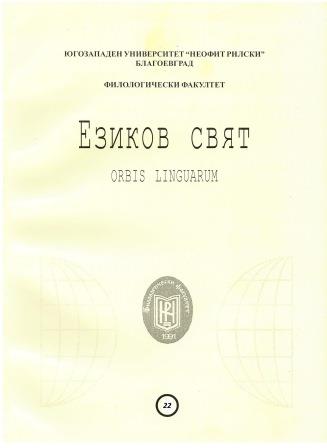
КОНЦЕПТУАЛЬНА МЕТАФОРА «ЛЮДИНА ТА СУСПІЛЬСТВО» В ТЕКСТАХ ЗМІ НА МАТЕРІАЛІ УКРАЇНСЬКОЇ ТА АНГЛІЙСЬКОЇ МОВ
The article provides a comparative analysis of the conceptual metaphor "Person and Society" in mass media texts on the material of the Ukrainian and English languages. A metaphor is a tool for thinking and knowing the world, it reflects fundamental cultural values. The cognitive-semantic content of the conceptual metaphor "Person and Society" makes it possible to divide it into four frames that are common to both studied languages: "War and Crime", "Medicine", "Sports and Games", and "Culture and Art". The conceptual metaphors of the "War and Crime" frame refer to war and its varieties, military actions, weapons, criminals and their victims, and places of imprisonment. The frame "Medicine" includes metaphors depicting various diseases, their treatment, names of drugs, as well as nominations of patients and staff and names of medical institutions. The frame "Sports and Games" combines metaphorical expressions indicating sports and its terminology, athletes and their qualifications, the results of sports competitions, as well as the names of games and their rules. The frame "Culture and Art" is the basis of metaphors, focused on the elements of creative artistic activity, education and science, which depict theater, visual arts, literature, as well as music and cinema. It should be noted that the frame "Economics and Finance" is frequently used in the English mass media texts and is almost never found in the Ukrainian mass media. The framework "Economics and Finance" includes the concepts of financial and economic activity, which are based on the appropriate terminology during verbalization.
More...
